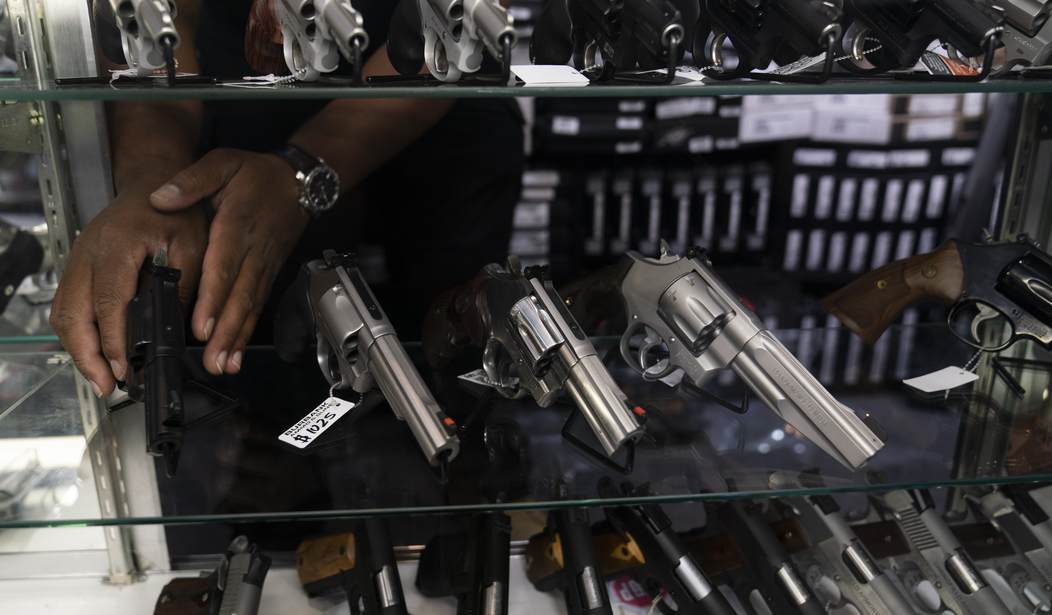There's been a lot of discussion about tariffs since they went into place, but not here. I mean, it's kind of not our thing. We've got sister sites that cover stuff like that all the time, and unless it spills into the Second Amendment world, there's no reason for us to write about it here.
Except that, well, it might just impact the Second Amendment. Not entirely, but we probably should discuss the ramifications for a lot of gun buyers.
Second Amendment attorney Kostas Moros, who lives in California, noted the impact for gun buyers in the Golden State over on X.
So a gun that is imported and sold in California is hit with the following taxes:
— Kostas Moros (@MorosKostas) April 6, 2025
1. At least a 10% import tariff, maybe higher, under the current plan.
2. 11% Pittman-Robertson federal tax.
3. 11% California excise tax, signed by Gavin Newsom into law not long ago.
4.…
Now, a 10 percent tax, in and of itself, is often manageable for many people. That's roughly sales tax in California, less in other places, but that's doable. On something like a Hi-Point retailing for around $200, that's another $20. Not great when you're of limited financial means, but it's not insurmountable.
But in California, you've got all these other taxes, plus the cost of the background check, and now for imported arms, you're looking at another 10 percent, at a minimum.
Moros also points out that in order for a firearm to be California compliant, it has to have features like a magazine disconnect and a loaded chamber indicator, which increases the cost for the guns in and of themselves, which also drives up how much you're paying in taxes on those firearms because the taxes are based on percentages, not flat rates.
Sure, you can buy an American-made gun and skip the tariffs, which is part of the reason for them, to be sure, but that's really just the latest injustice that impacts people in various anti-gun states.
Sure, the Pittman-Robertson tax is one we all have to pay if we purchase a firearm from a gun store, and sales tax is pretty much everywhere--there are five states without one, which ain't much--but when you keep adding costs upon costs to the purchase price of a firearm, you start putting it out of reach of the ordinary man.
Now, couple it with years of inflation, and we can start to see part of the problem.
I'm not getting into the nuts and bolts of tariffs because while I generally oppose them, I don't feel well-versed enough to even start to argue against them right now. And, fortunately, there are enough American-made guns that the industry as a whole may not be as negatively impacted as many others. Or, perhaps because they use steel for the guns, they'll get hit just as much as anyone else.
I'm ill-equipped to say right now, and it's something I intend to look into because it's something we probably should address.
But what Moros pointed out was some of the surface-level problems that gun buyers need to consider in these anti-gun states that think a sin tax on exercising a constitutionally protected right is a good idea. This is something that will play a factor going forward for an untold number of Americans, and may well drive down gun sales as fewer and fewer people can justify the expense, at least in their own minds.
Personally, I think any expense is worth it when it comes to my family, but that's easy to say in the abstract. It's different when it comes down to either buying food or a gun.
This could get pretty interesting going forward.






